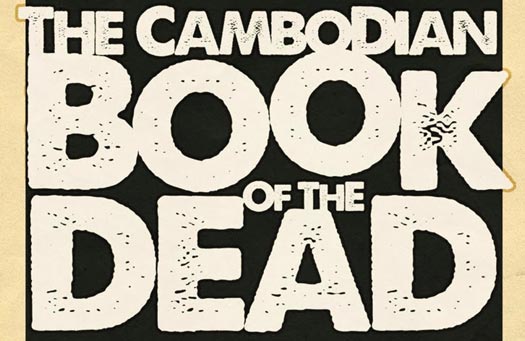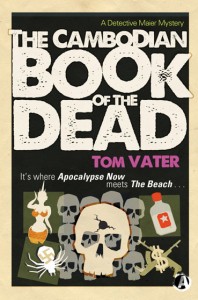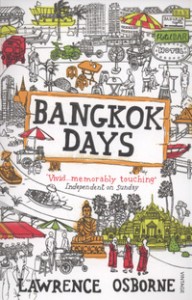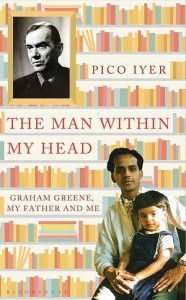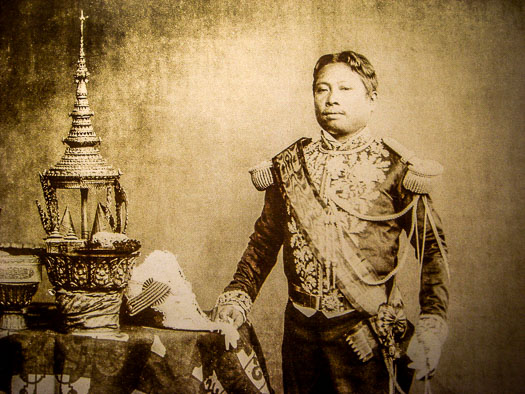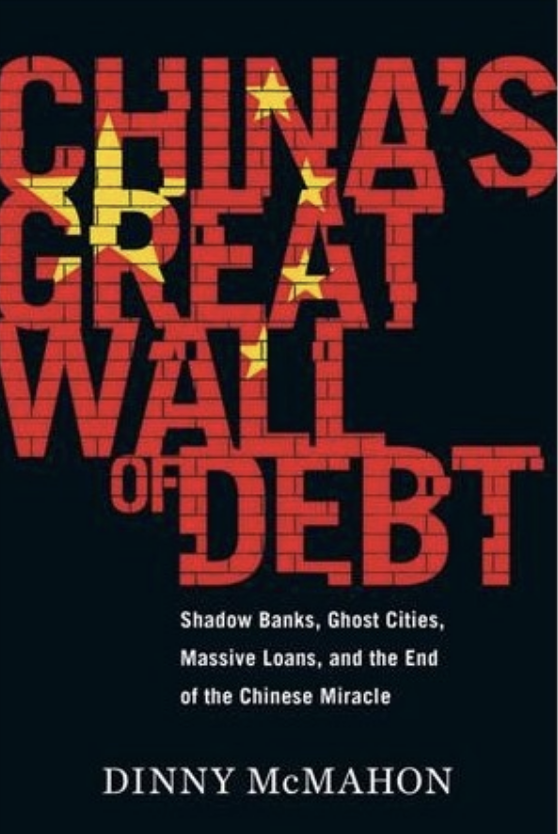TOM VATER, author of The Cambodian Book of the Dead, asked me to take part in The Next Big Thing, a short interview that highlights authors and their new or forthcoming books. Tom was invited by Janet Brown, author of Tone Deaf in Bangkok.
Thanks, Tom.
SO IT GOES LIKE THIS: I answer the questions below, post the interview, and then I ask five other writers to answer the same questions on their blogs. Those writers then ask five more writers to do the same. And so on. This arguably is part of the new publishing economy in which countless writers comment on and “like” each others books, but let’s give it a shot—and, also, I’m afraid I’ve cheated, because I’m not entirely sure any of the authors I’ve included will respond in kind …
It’s a claustrophrobic, haunting narrative with a cast of just three—with some “tribal” cameos—who take a day-trip to a waterfall that goes terribly—murderously, in fact—wrong. Lewis is also the author of the pioneering travel fiction debut (there were two others, The Beach and Are You Experienced?) Go, which has recently been re-released in Kindle format.
In the spirit of the now age-old Lonely Planet catch-cry, “Don’t worry how your trip will work out, just go,” Tony goes and discovers it’s not as scary out there as “they” would have you think. And, by the way, while I’m at it, Tony and I will both be appearing at the Australian Festival of Travel Writing, 22-24 March.
Anyway, the perfect antidote to all that noir and and private dicks with bargirls on their laps that clutter the Thailand section at Asia Books.
But I decided to put him here because he is one of the best travel writers around, and The Man Within My Head is a tribute to the master, Graham Greene, who wrote the Asia novel, The Quiet American.
The Next Big Thing Interview—Harvest Season
Q What is the title of your book?
A Harvest Season (available in both print and digital versions on Amazon).
Q What other works would you compare this book to within your genre?
